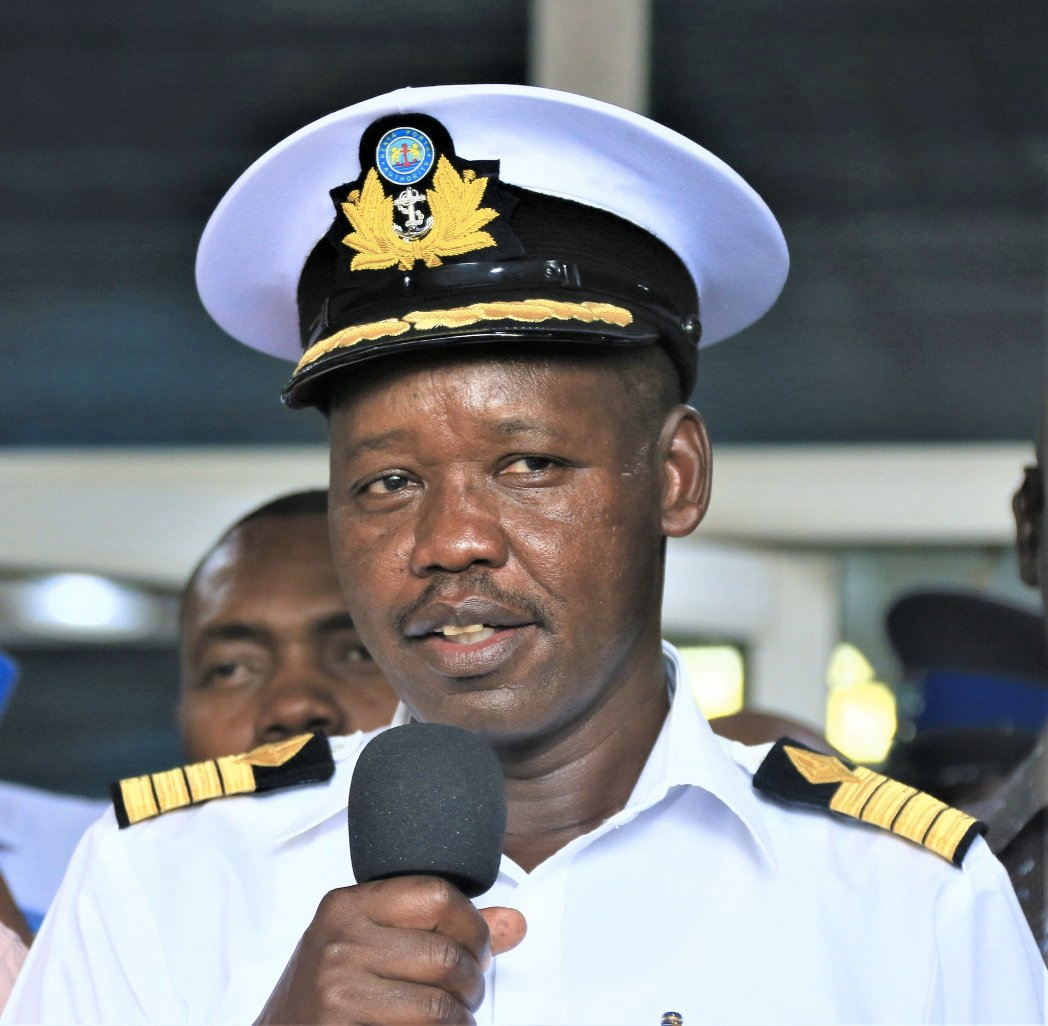

Kenya does not have a shortage of marine pilots, the Kenya Ports Authority has said.
There have been claims that the parastatal is struggling with a shortage of pilots who are mainly responsible for safely guiding ships into and out of harbour limits and during berthing and unberthing operations.
Kenya Ports Authority managing director William Ruto on Friday said they have enough marine pilots.
He said three additional ones including the first-ever female captain Elizabeth Marami, have been added.
“Where I stand, there is no shortage of pilots,” Ruto said.
He spoke after distributing foodstuff worth Sh4.6 million to Muslim faithful in Mombasa and Lamu in the spirit of Ramadhan.
Reports emerged on Tuesday that the parastatal is struggling with a shortage of marine pilots.
A shortage of experts means the efficiency and operational capabilities of the port will be significantly challenged. This has not been the case, according to Captain Ruto, with the Mombasa port has been posting increasingly improving and record-breaking performances since he took the helm.
“Maybe you heard a different thing, unless you enlighten me more. But from where I stand in our department, there is no shortage of pilots,” the KPA boss said.
“It is only yesterday, that we received the first captain lady in this country. She graduated recently and now she is a pilot,” Captain Ruto said.
According to sources at the KPA, 26 marine pilots and engineers have been taken for training in the UK. These include 15 marine pilots and 11 marine engineers.
Of the 15 marine pilots, three are already back in Kenya after completing their intensive marine pilotage studies, including Marami. The remaining 12 will help at the Mombasa and Lamu ports when they arrive back in the country.
“When they come, some will be permanently stationed in Lamu. This means pilots will not be sent to Lamu from Mombasa when ships arrive at the Lamu port as has been happening,” a source at the Mombasa port told the Star.
There are few master mariners in Kenya because of the amount of time it takes to qualify to be one and the expenses involved.
Becoming a master mariner in Kenya typically takes around 12 years, involving initial training, practical sea time and further qualifications.
In 76 years, there have only been 52 master mariners in the country. Maritime expert Andrew Mwangura said the recent developments offer a promising glimpse into the port’s future, with a robust recruitment and training initiative taking shape.
Mwangura said the three marine pilots already back in the country and the 12 still studying in the UK represent a significant investment in the port’s human capital and its longterm operational sustainability.










